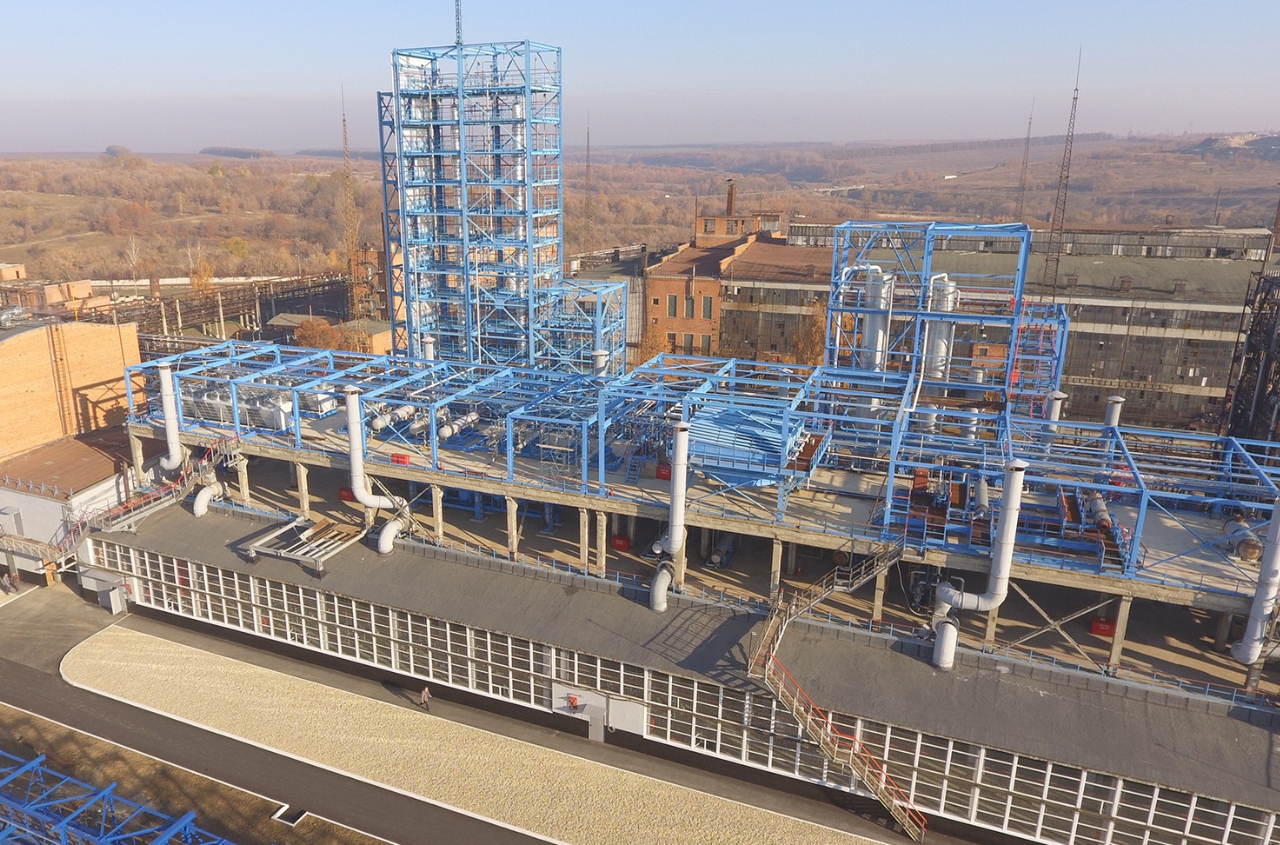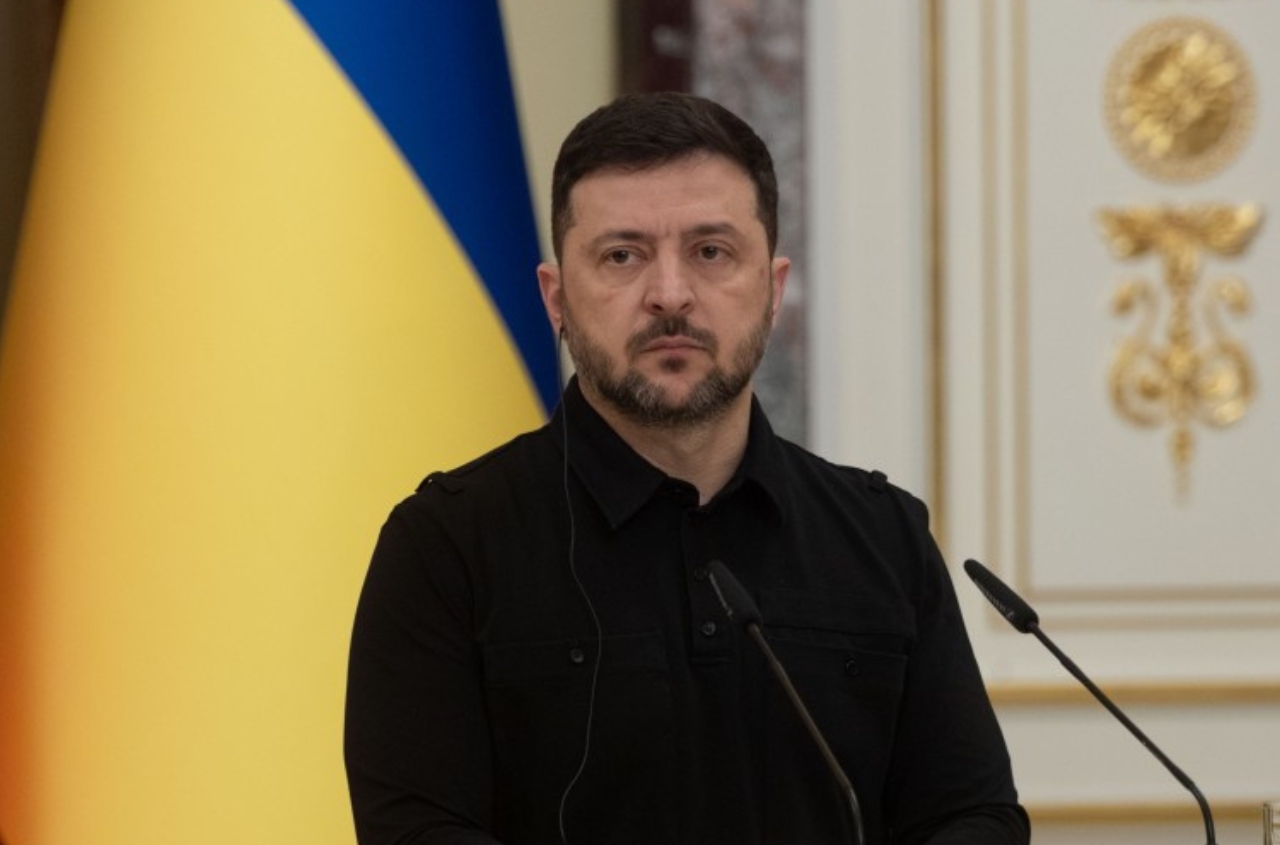Over the past week, the average number of attacks by Russian occupation forces has approached 200 attacks per day, indicating an increase in pressure, according to the operational report of the Estonian Defense Forces on combat actions in Ukraine.
This was reported by ERR.
According to Estonian intelligence, there are still no signs of a decrease in military activity or preparations for a possible ceasefire by Russia.
"Russia is likely trying to make the most of the current situation by maintaining a high pace of offensives. Its main goal is to exhaust Ukrainian military resources before a possible agreement that would limit the intensity of combat operations," the report states.
According to the Estonian Defense Forces, the Pokrovsk direction in the Donetsk region remains the main area of focus for the Russian forces.
"Despite making up about 40% of all daily attacks, Russian forces have not achieved significant success in this area for several weeks. Overall, Russian forces have made only slight progress in local settlements. As a result, they are trying to intensify their offensive beyond these settlements to disrupt Ukrainian logistics channels," the report adds.
There were no significant changes on other parts of the front over the past week.
At the same time, Estonian intelligence noted that the Ukrainian Armed Forces continue to exert pressure on the border areas of the Kursk and Belgorod regions.
"The Russian Armed Forces have shown seasonal changes in the nature of their strikes on Ukrainian territory. Currently, Russia is delivering deep strikes on Ukrainian territory primarily with Shahed-type drones, and in some cases, short-range ballistic missiles. Over the past month, there has been a significant reduction in the involvement of Russian long-range aviation in missile strikes using cruise and ballistic missiles. This indicates the end of the winter campaign aimed at bombing Ukraine's critical infrastructure. This tactic could be presented by Russia as an apparent reduction in tension during potential ceasefire negotiations," the Defense Forces state.




















